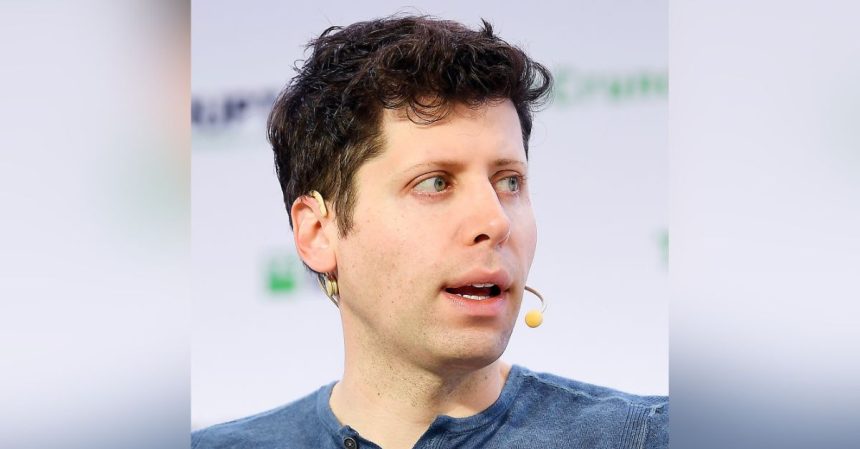A new international study suggests that people who use ChatGPT may be more likely to report feeling lonely, raising questions about the emotional impact of AI tools.
According to a survey conducted by market research firm Toluna and reported by PCMag on March 25, 2025, 30% of regular ChatGPT users said they felt “very” or “somewhat” lonely. Among people who had never used ChatGPT, only 19% said the same.
ChatGPT is an artificial intelligence chatbot developed by OpenAI, an AI research and deployment company co-founded by Sam Altman in 2015. Launched in November 2022, ChatGPT is based on OpenAI’s GPT (Generative Pre-trained Transformer) language models. Under Altman’s leadership, OpenAI transitioned from a nonprofit to a capped-profit company in 2019. The company has received major backing from Microsoft, which has integrated OpenAI’s technology into products like Bing and Microsoft 365.
“Younger people and Gen Z are more lonely overall,” said Sej Motau, vice president of Toluna’s tech practice, in an interview with PCMag. The study found that nearly half of Gen Z and millennial ChatGPT users reported loneliness, compared to just 17% of Baby Boomers.
While the data shows a correlation, Motau emphasized that causation cannot be assumed. “There’s a correlation here that needs more exploration,” he told PCMag. He also noted that “loneliness is a long-term social issue,” and said that researchers are still trying to understand how conversational AI might factor into it.
The survey included 1,000 U.S. adults and 10,000 participants globally across countries including the U.K., France, Germany, and Australia. It also found that loneliness levels are highest in the United States, where 38% of respondents said they felt lonely.
According to PCMag, the findings come amid growing concerns about loneliness as a public health crisis. The U.S. Surgeon General issued an advisory in 2023 calling attention to the health risks of social isolation, particularly among young people.
The report does not conclude that ChatGPT use causes loneliness, but it highlights the need for more research into how digital interactions—especially with AI—affect human well-being.

